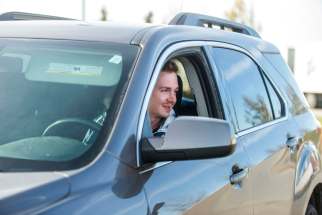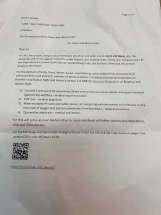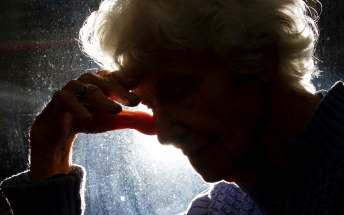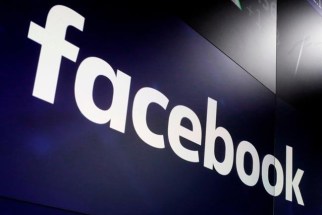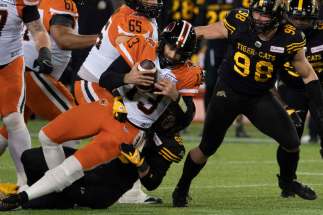Cross-border bustle, with a catch
Read this article for free:
or
Already have an account? Log in here »
To continue reading, please subscribe:
Monthly Digital Subscription
$0 for the first 4 weeks*
- Enjoy unlimited reading on winnipegfreepress.com
- Read the E-Edition, our digital replica newspaper
- Access News Break, our award-winning app
- Play interactive puzzles
*No charge for 4 weeks then price increases to the regular rate of $19.00 plus GST every four weeks. Offer available to new and qualified returning subscribers only. Cancel any time.
Monthly Digital Subscription
$4.75/week*
- Enjoy unlimited reading on winnipegfreepress.com
- Read the E-Edition, our digital replica newspaper
- Access News Break, our award-winning app
- Play interactive puzzles
*Billed as $19 plus GST every four weeks. Cancel any time.
To continue reading, please subscribe:
Add Free Press access to your Brandon Sun subscription for only an additional
$1 for the first 4 weeks*
*Your next subscription payment will increase by $1.00 and you will be charged $16.99 plus GST for four weeks. After four weeks, your payment will increase to $23.99 plus GST every four weeks.
Read unlimited articles for free today:
or
Already have an account? Log in here »
Hey there, time traveller!
This article was published 08/11/2021 (1496 days ago), so information in it may no longer be current.
EMERSON — Alex Roberecki couldn’t wait to hit the road and make his way to the United States.
Roberecki, a Manitoba country music artist, has a busy two weeks ahead of him south of the border: he’s performing at the University of Tennessee, and working as a server at the upcoming Country Music Association Awards in Nashville.
“I was waiting, I wanted to go check that school out, I wanted to go down there and see what it’s like to live down there. I’ve been calling, but until you go down there and experience it for yourself, you can’t really know what it’s like,” he told the Free Press just outside of the Canada-U.S. border Monday morning.
That excitement was dampened by the realization he’d have to pay $150 to $300 for a rapid PCR test to be allowed back into Canada after his trip, a federal policy Roberecki is “not a fan” of.
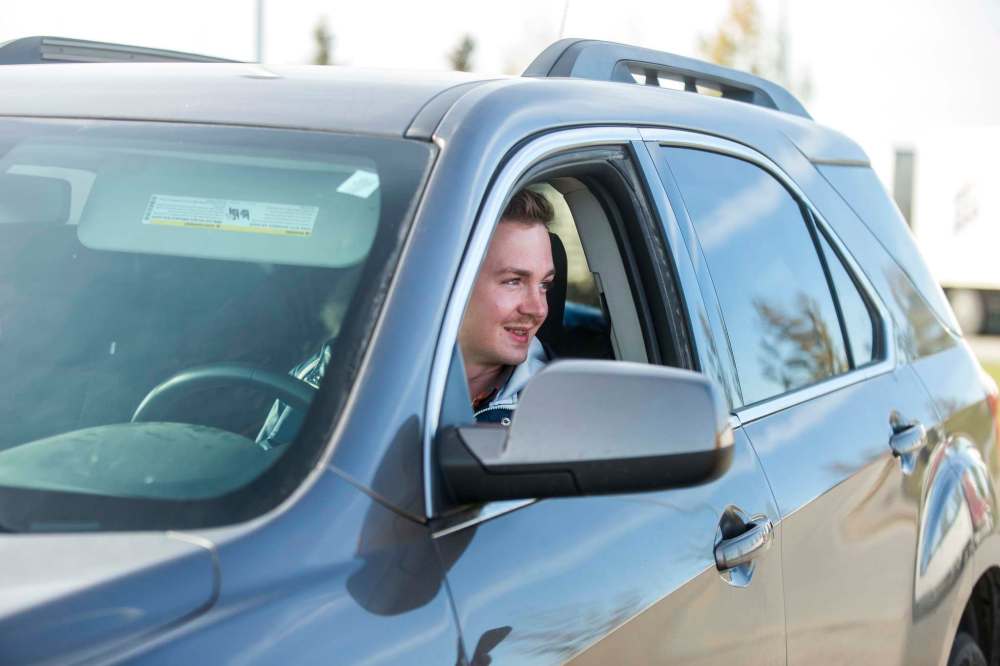
“It seems kind of ridiculous, if you want to create business, you’ve got to make it attractive for people to travel,” he said.
The highway south out of Manitoba fluctuated from a steady flow of drivers to backed-up traffic throughout the morning, as eased restrictions put in place shortly after midnight meant non-essential travel was possible on both sides of the border for the first time since the start of the COVID-19 pandemic.
But there’s a costly catch: while Canadians are able to enter the U.S., to return to Canada they must have, along with proof of vaccination, proof of a negative test taken within 72 hours of return.
“I was going no matter what. I just found out about (the cost) and went, you win some, you lose some,” Roberecki said.
Unlike the U.S., Canada won’t accept a rapid antigen test — which are cheaper and quicker than PCR tests — as proof of health status. Antigen tests are more likely to produce a false negative result.
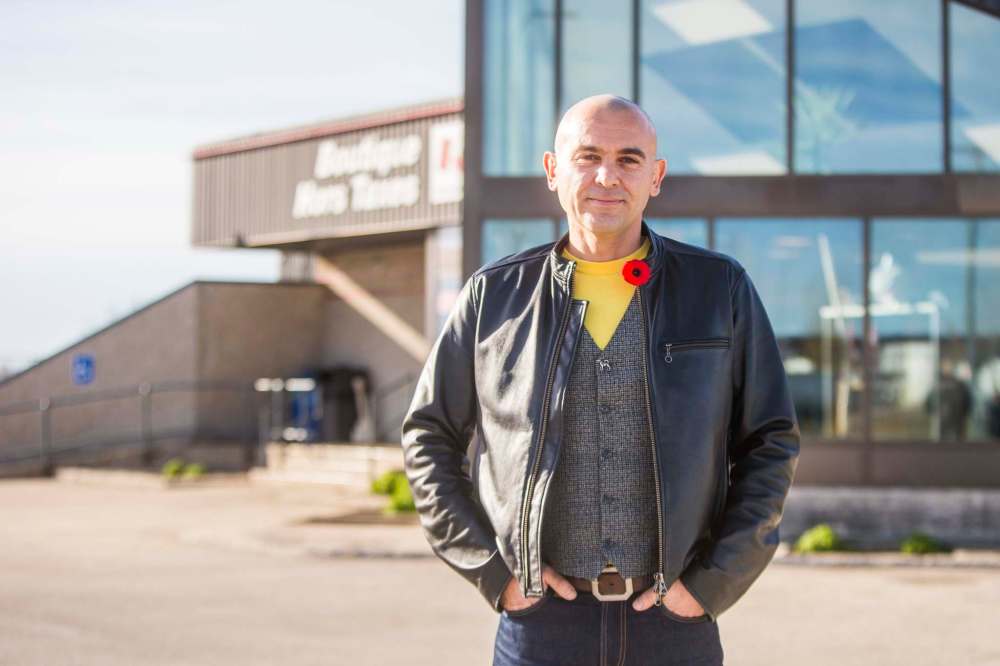
Federal chief public health officer Dr. Theresa Tam said Nov. 5 the policy is being “actively looked at” by Ottawa. “Just to reassure everybody… we are looking at that quite carefully.”
Commercial drivers aren’t required to provide proof of a negative test.
The owner of Emerson Duty Free could barely contain his excitement when he realized just how busy the first day of eased border restrictions would be.
As of 9 a.m., just a few hours after the store opened, it had been its busiest day in more than a year.
“This morning, I wasn’t really sure how it was going to go, with snowbirds and even with people who’d be going down for a 24-48 (hour trip) — I thought for sure with the PCR (testing requirements) we wouldn’t see a single 48-hour tripper going down there,” Simon Resch told the Free Press.
“But we were backed up from around 5:30 this morning… we haven’t seen that in 20 months. It was huge, that was amazing.”
A typical duty-free customer passing through, Resch said, is a family of four from Winnipeg planning a two-day trip to Grand Forks, N.D., for shopping.
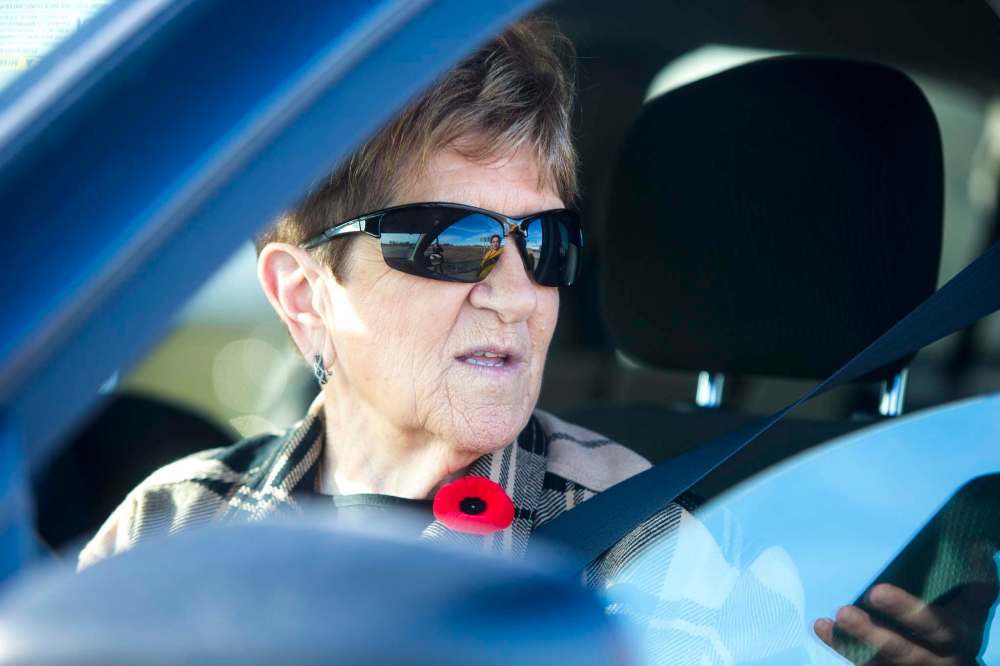
“The requirement to have a negative PCR test on the way home really does kill that sort of leisure travel bug, it really does kill it,” he said.
Resch hopes the country moves away from costly, time-consuming PCR test requirements and eventually kills the testing requirement altogether, while still keeping public safety at the forefront of decision making. While business isn’t at pre-COVID levels just yet, he’s cautiously optimistic.
“We really are geared toward the leisure traveler — social vices at discount prices,” he said. “The return of that for us is huge, it’s been a really long time coming. We knew it would be dampened with the requirement for the PCR test.”
Test time
Not every PCR test available in the U.S. will break the bank.
In Grand Forks, N.D., free PCR tests have been available since the beginning of the COVID-19 pandemic, and the Grand Forks public health department is providing tests to Canadian travellers free of charge.
“We want to get back to normal, we want to welcome Canadians back, but we also want to keep our community and keep ourselves safe and Canadians safe when they’re traveling,” Grand Forks public health nurse Tiffany Boespflug said Monday.
The catch is the slower turnaround time — expensive tests can come back as quickly as one hour, but the free tests, which are publicly funded, may come back slower and not all travelers are willing or able to take the extra time.
Not every PCR test available in the U.S. will break the bank.
In Grand Forks, N.D., free PCR tests have been available since the beginning of the COVID-19 pandemic, and the Grand Forks public health department is providing tests to Canadian travellers free of charge.
“We want to get back to normal, we want to welcome Canadians back, but we also want to keep our community and keep ourselves safe and Canadians safe when they’re traveling,” Grand Forks public health nurse Tiffany Boespflug said Monday.
The catch is the slower turnaround time — expensive tests can come back as quickly as one hour, but the free tests, which are publicly funded, may come back slower and not all travelers are willing or able to take the extra time.
“Our PCRs, we tell them (they take) 48-72 hours, but sometimes they come back sooner than that, depending on lab capacity, the demand for the tests, just to process all those PCRS,” Boespflug said.
However Canadians choose to get tested before returning, Boespflug said, she hoped visitors would follow all public safety guidelines during their stay in North Dakota.
“Our big push is promotion, so the main point is that we really want people to get vaccinated, so we can get out of this pandemic,” she said.
On Monday morning, Dolores Dame and her husband Tom were on their way to spend two weeks in the U.S. south. They were off to Texas, to collect their belongings from a trailer they’d sold.
“We’re hoping they lift (the PCR test policy) before we get back, because I think that’s terrible. We’re both double-vaccinated, and we have to pay… It’s just a money grab,” she said.
They plan to get a pricier test — around $200, they said — that promises same-day results. The couple said it’s not worth the risk of a less expensive test with a longer turnaround time, but it’s still not ideal.
“A lot of people aren’t going because of the tests, but we have to go to get our stuff, so this is just an extra cost we didn’t want to pay,” Dolores Dame said. “We’re seniors, you know. It’s a gouge.”
— with files from The Canadian Press
malak.abas@freepress.mb.ca
Twitter: malakabas_

Our newsroom depends on a growing audience of readers to power our journalism. If you are not a paid reader, please consider becoming a subscriber.
Our newsroom depends on its audience of readers to power our journalism. Thank you for your support.







